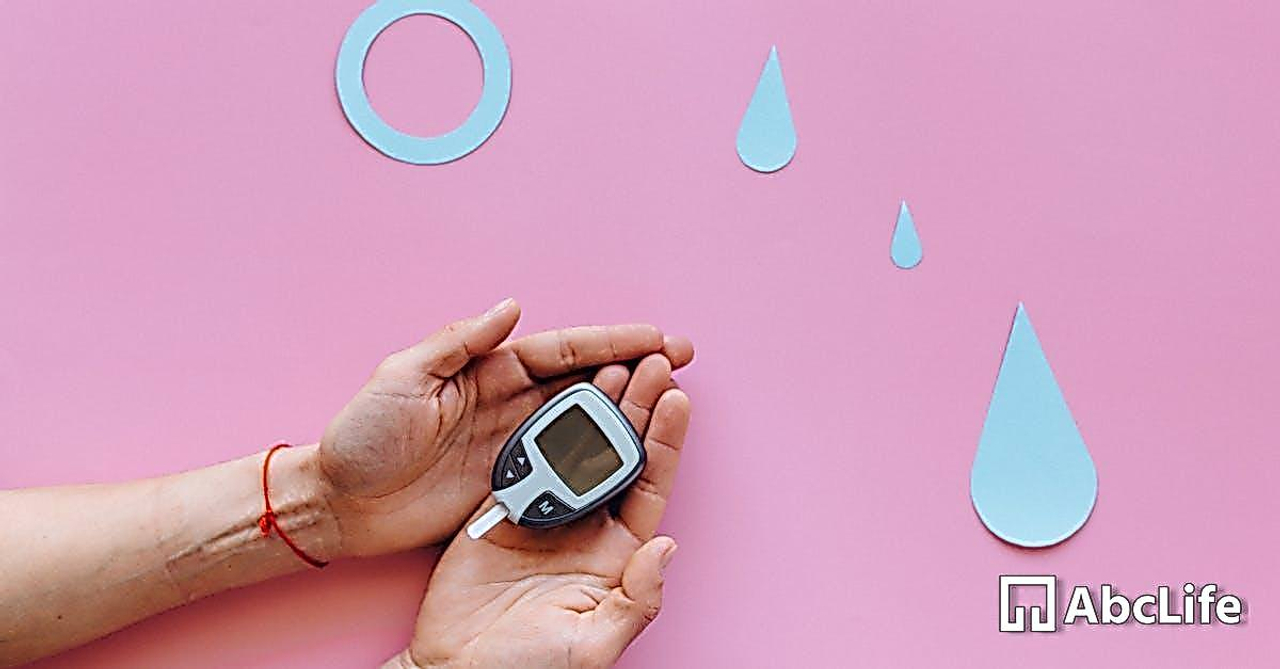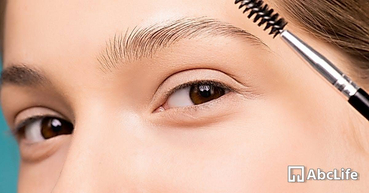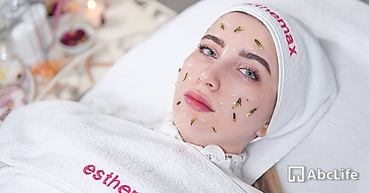Your diet is extremely important in maintaining healthy skin. Consuming the right foods can provide essential nutrients to your skin, promoting good health and preventing damage. Nutrient-rich fruits and vegetables, healthy fats, and antioxidant-rich foods are among the best foods for healthy skin. This article will go over the top foods that promote healthy skin. We'll look at why they're useful and how they can help you achieve a healthier, younger-looking complexion. Whether your skin concern is maintaining a youthful appearance or aging gracefully, incorporating these foods into your diet can make a significant difference. Continue reading to find out more about the best foods for healthy skin that you should add to your shopping list right away.
Colorful Fruits and Vegetables for Radiant Skin
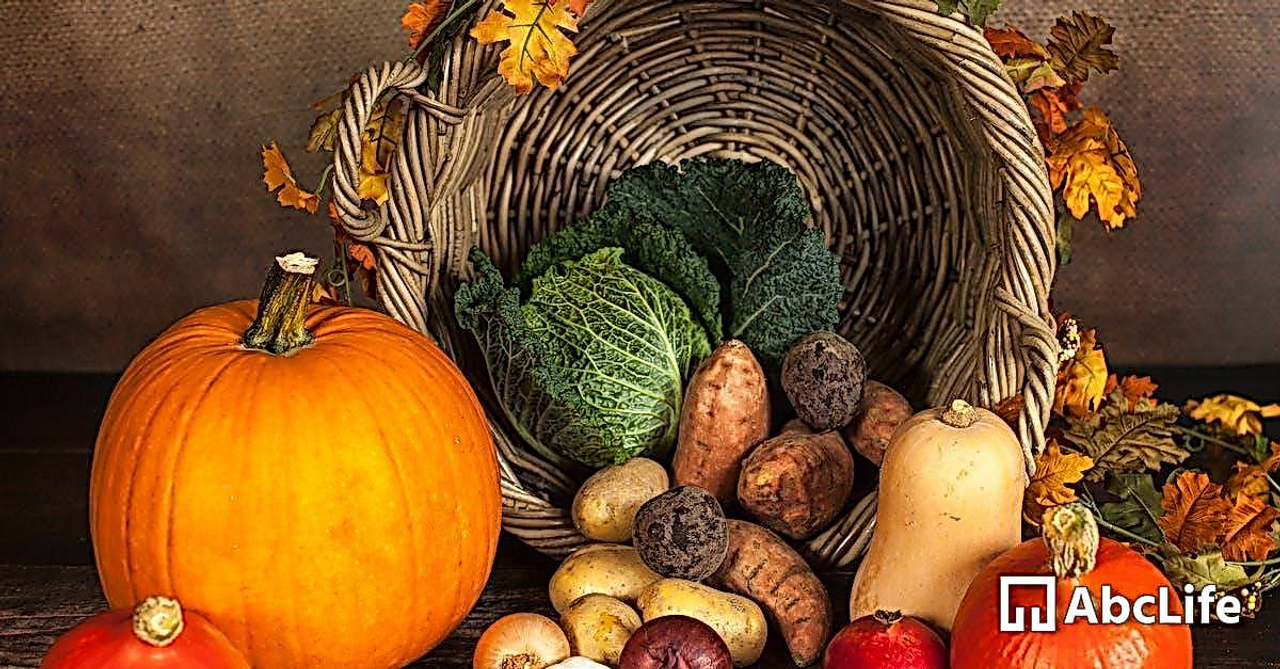
Fruits and vegetables are the best sources of nutrients for glowing skin. The vibrant colors of these foods indicate the presence of various vitamins, minerals, and antioxidants that protect the skin from the damaging effects of free radicals.
Tomatoes, for example, are high in lycopene, a powerful antioxidant that protects the skin from sun damage. Similarly, beta-carotene in sweet potatoes helps to keep the skin smooth and wrinkle-free. Berries, particularly blueberries, are high in anthocyanins, which aid in collagen production and thus skin elasticity. Leafy greens, such as spinach, kale, and collard greens, are also high in vitamin C, which helps to brighten the skin and reduce signs of aging.
Conclusion
You can help achieve healthy and radiant skin by incorporating colorful fruits and vegetables into your daily diet. Choose a variety of colors to benefit from a variety of nutrients, and eat them fresh, raw, or lightly cooked to reap the most nutritional benefits.
Omega-3 fatty acids for hydration and inflammation
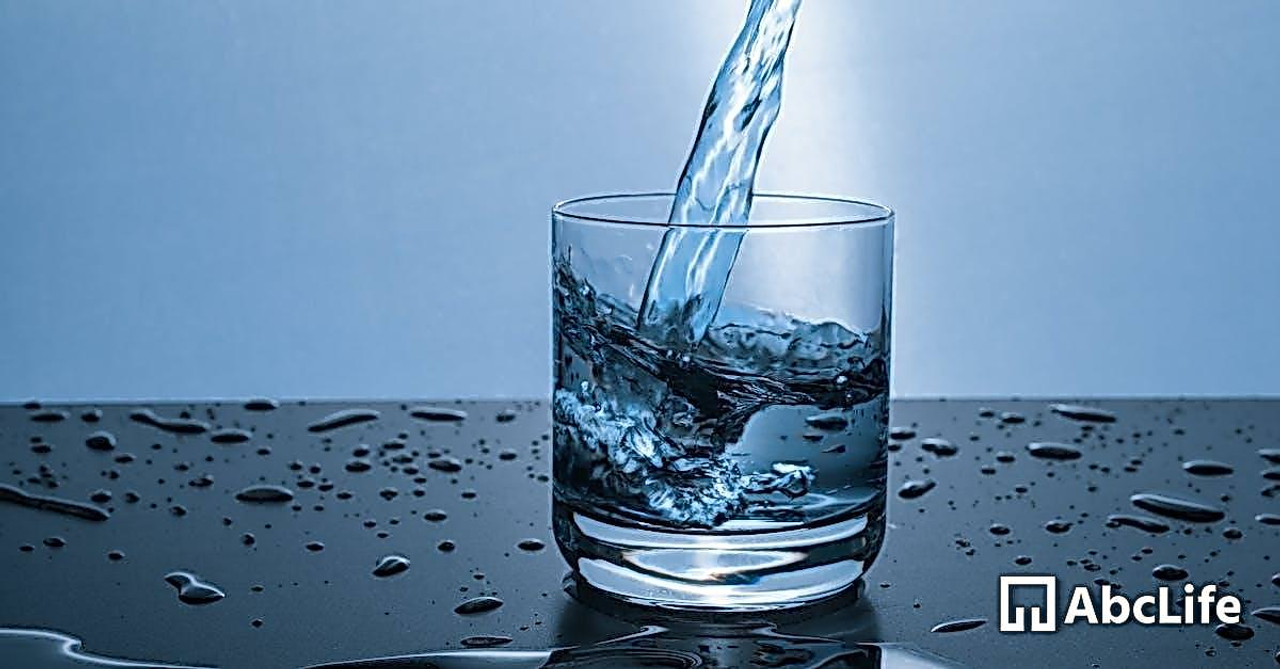
Omega-3 fatty acids are essential nutrients with numerous health benefits, including the ability to promote healthy skin. These fatty acids are known to aid in the retention of moisture in the skin, which is essential for maintaining a healthy and youthful appearance. In addition to their hydrating properties, omega-3s have anti-inflammatory properties that can help to reduce skin inflammation and irritation.
Fatty fish such as salmon, mackerel, and sardines, as well as other seafood, flaxseed, chia seeds, and walnuts, are the primary dietary sources of omega-3 fatty acids. Incorporating these foods into your diet can help you get enough omega-3 fatty acids to support healthy skin and overall wellness. Alternatively, taking an Omega-3 supplement on a daily basis can help to provide the required amount of these essential fatty acids.
Probiotics for good gut health and clear skin
Probiotics are live microorganisms that are thought to be beneficial to the human body. They have a variety of health benefits for the body, including improved gut health and clear skin. Gut health is critical for overall physical and mental well-being, and it is directly related to skin condition.
Probiotics help to balance the good and bad bacteria in the gut, ensuring that the digestive system functions properly. When the gut is healthy, it eliminates toxins and waste materials from the body, resulting in healthy, glowing skin! Furthermore, probiotics have anti-inflammatory properties that aid in the reduction of skin inflammation and acne. They also improve the skin's natural moisture-retaining capacity, which contributes to its overall health.
It is simple to incorporate probiotics into your diet. They can be found in fermented foods such as yogurt, kefir, sauerkraut, kimchi, and others. You can also take probiotic supplements, which are widely available on the market. Incorporating probiotics into your diet not only improves gut health but also promotes clearer, healthier skin.
Antioxidants for protection against UV damage
Excessive sun exposure is a significant contributor to premature aging and skin damage. UV rays cause inflammation, DNA damage, and oxidative stress by penetrating deep into the skin. Antioxidants, by neutralizing free radicals and reducing inflammation, may help to prevent and repair some of the damage.
Berries, leafy greens, citrus fruits, nuts, and seeds are some of the best dietary sources of antioxidants for UV protection. Blueberries, raspberries, and strawberries are high in anthocyanins and other antioxidants that help protect the skin from UV rays. Leafy greens, such as spinach, kale, and collard greens, are high in vitamin C, a powerful antioxidant that aids in the repair and protection of skin cells. Citrus fruits such as oranges, grapefruits, and lemons are also high in vitamin C and contain antioxidants such as beta-carotene and flavonoids.
Lean Protein for Skin Repair and Maintenance
The skin is the human body's largest organ and requires adequate nutrients to function properly. Lean protein is an important nutrient for skin repair and maintenance. It contains a high concentration of amino acids, which are the building blocks of skin cells. A high-protein diet can help keep skin firm, smooth, and youthful.
Fish, chicken, turkey, eggs, and beans are all excellent sources of lean protein for healthy skin. Salmon is high in omega-3 fatty acids, which help to keep the skin moisturized and supple. Chicken and turkey are high in protein and contain essential amino acids that promote collagen production, which is responsible for skin elasticity. Eggs are high in protein, biotin, and vitamin A, all of which are essential for maintaining healthy skin. Beans are an excellent plant-based protein source high in zinc, which promotes skin cell turnover and repair.
Including lean protein in your diet is a great way to improve skin health. For maximum skin benefits, combine lean protein with other nutrients such as vitamins and minerals. A well-balanced diet rich in lean protein, fresh fruits and vegetables, and healthy fats provides all of the nutrients required for healthy skin.
Water for Overall Hydration and Skin Health
Water is necessary for our overall health, including the health of our skin. Drinking enough water keeps our skin hydrated, plump, and healthy-looking.Dehydration can cause skin dryness, flakiness, and even wrinkling.Drinking at least 8 glasses of water per day is essential for maintaining skin hydration and overall health.
In addition to drinking water, we can obtain water from high-water-content fruits and vegetables. Watermelon, cucumber, and celery are excellent examples of high-water-content foods that are also beneficial to our skin. We can ensure that we are getting enough water to keep our skin hydrated by including more of these foods in our diet.
Overall, water is essential for the health of our skin, and we should make an effort to drink enough water and eat water-rich foods to keep our skin looking and feeling healthy and hydrated. So, the next time you reach for a sugary beverage, reach for a glass of water instead!
- What are the best foods for healthy skin?Fruits, vegetables, nuts, seeds, oily fish, green tea, and dark chocolate are among the best foods for healthy skin because they are high in antioxidants, healthy fats, vitamins, and minerals.
- How do fruits and vegetables benefit the skin?Antioxidants, vitamins, and minerals found in fruits and vegetables help to protect the skin from free radical damage, promote collagen production, and improve skin texture and elasticity.
- What are some healthy fats that promote skin health?Avocados, nuts, seeds, oily fish, and olive oil are high in essential fatty acids, which help to hydrate the skin and protect it from environmental damage.
- What role does green tea play in keeping skin healthy?Green tea contains antioxidants that protect the skin from UV ray damage, reduce inflammation, and improve skin texture and elasticity.
- Is dark chocolate good for the skin?Yes, dark chocolate is good for the skin because it contains antioxidants that protect the skin from free radical damage and improve skin hydration and texture. It should, however, be consumed in moderation because it is high in calories and sugar.
- What foods should you avoid if you want to have healthy skin?Sugary foods, processed foods, and foods containing trans fats should be avoided because they can contribute to skin inflammation, acne, and premature aging.
